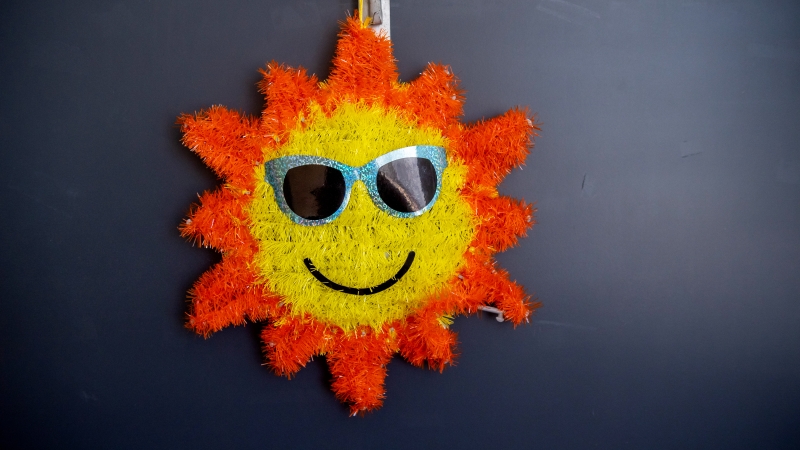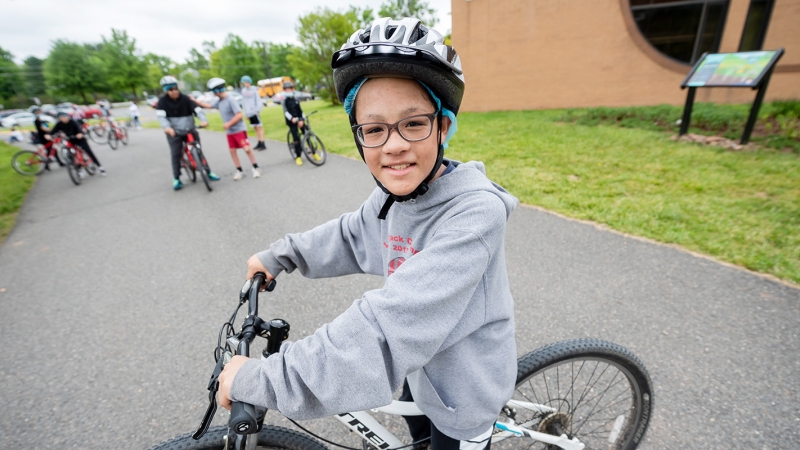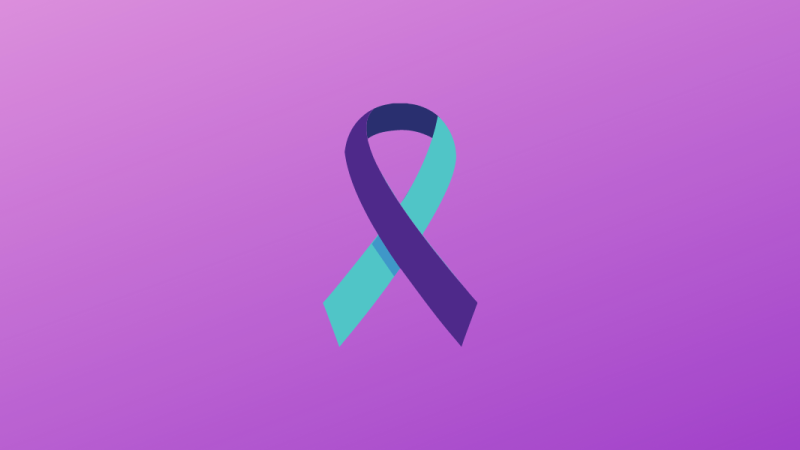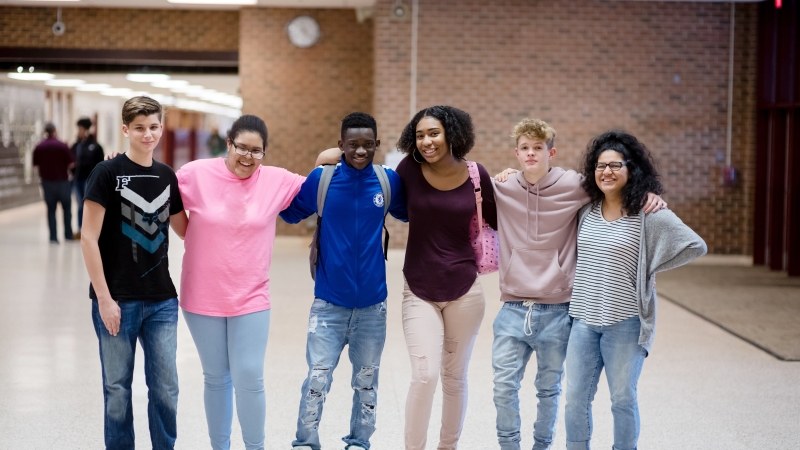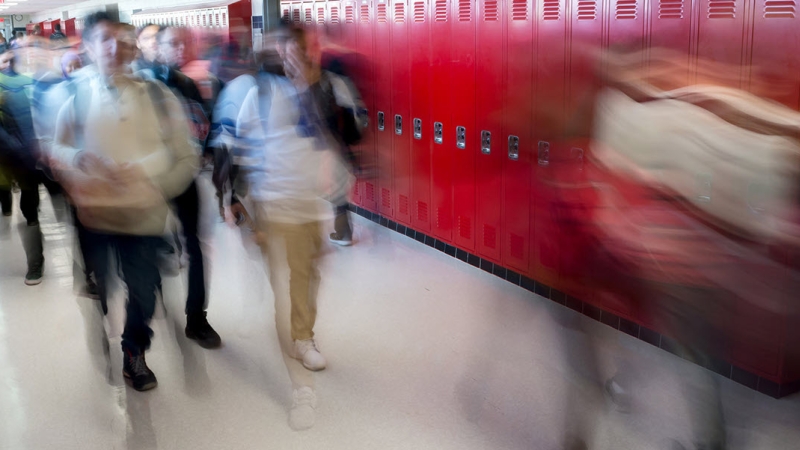
Seeking Help Is a Learned Skill
Seeking Help for Self and Others
Seeking help is a skill that is first addressed in kindergarten and only gets harder to exercise as we move from childhood through adolescence. As we consider this question for our young people, it is important to remember that it is not the responsibility of children to take care of other children. However, as adults, we can instruct youth on how to be conduits of support for themselves and their friends. Who can they go to for help? Where will they find these people? What does advocacy look like? What is the difference between an advocate and a “snitch”? Adults are the keys to these questions and these questions can be answered through productive conversations, which require an increase in reliable access, active listening, and practicing empathy.
Who Can Our Young People go to for Help?
At Fairfax County Public Schools, there are at least three mental health professionals located in the school building: school counselors, school psychologists, and school social workers. However, the reality is that any adult with whom the young person has a positive relationship can listen, provide empathy, and help with access to support. We need to help our youth identify trusted adults with whom they are comfortable saying, “I need help” or “I need help for a friend." Provide awareness of the location of the mental health professionals in the schools, communicate available community services, and identify the supports provided by both. This can be done as easily as providing a list of names, roles, and locations of access. The reliability of supports and ease of access to those supports increase the probability of use. Families are encouraged to have conversations with their children to help them identify the adults they trust in school, at home, and in the community.
What Advocacy Looks Like, and What it Doesn’t
Advocacy is any action that speaks in favor of, recommends, supports or defends, or pleads on behalf of others. A child engaging in advocacy is taking steps to seek help from an adult. Adults need to reflect on how to increase the likelihood a young person will reach out for help. Be accessible and follow through, talk less and listen more, and show empathy regardless of whether you understand or even agree with what the young person is going through or engaging in. When a young person feels accepted and not judged, seeking help will feel less like snitching and more like advocating. The truth is, young people struggle for many reasons: bullying, mental health challenges, substance abuse, unhealthy relationships, and academic difficulties to name a few. Accepting the young person for where they are is essential to breaking down the emotional barriers young people experience when attempting to seek help.
Encourage young people to reach out for help, proactively tell them where to find it, and be available when they need it.
Available Resources
If your child does not feel like they can comfortably turn to an adult, FCPS has a resource available to students, caregivers, staff and other members of the FCPS community known as the Anonymous Tipline. Situations that impact student wellness and school safety, such as threats, concerns related to student wellness or suicide, unsafe or dangerous situations, illegal drug activity, theft, gang activity, or other concerns can be reported. Reporters can identify themselves or remain anonymous.
The Suicide and Crisis Lifeline, 988, is also a helpful resource available to all community members, including students. Learn more about this resource in a previous Healthy Minds article ‘988 Suicide & Crisis Lifeline Save Lives.’
The Healthy Minds Blog shares information related to youth mental health and wellness for an audience of parent, educators and community-based providers. Articles include tips and strategies for increasing wellness and resiliency, as well as fostering success at home, at school and in the community.
The Healthy Minds Blog is a collaborative project between Fairfax County Public Schools and the Prevention Unit of the Fairfax County Department of Neighborhood and Community Services. It is part of the Healthy Minds Fairfax (see below) initiative, designed to support emotional wellness in youth and families.
SUBSCRIBE to Healthy Minds and receive a quarterly digest of our most recent articles.
If you or someone you care about is in crisis or needs help, TAKE ACTION!
- Call or text 988 the Suicide and Crisis Lifeline
- Contact Fairfax County CSB Emergency/Crisis Services (703) 573-5679
- Contact CSB for outpatient Walk-in assessments, please call ahead (703) 383-8500
- Go to the nearest emergency room
- Contact Children’s Regional Crisis Response (CR2) (571) 364-7390
- Call 911

